Today, the tourism industry is firmly established as a cornerstone of the British Columbia economy.
In 2022, the province boasted 16,910 tourism businesses, employing over 154,000 individuals and generating $18.5 billion in revenue, according to Destination BC. It contributes more to the province’s GDP than mining, agriculture or forestry.
One of the province’s first tourism hotspots was Campbell River — a relatively small coastal community that thrust itself into global prominence by earning the title of “Salmon Capital of the World.”
The roots of tourism in Campbell River can be traced back to the 1880s, when nature-oriented European sportsmen sought adventure. At that time, Comox was establishing itself as a premier sporting destination, offering luxury accommodations and attracting a wealthy clientele, including naval officers, dignitaries and influential businessmen.
These affluent anglers soon discovered the abundant fishing opportunities a little further north. However, travelling to Campbell River posed significant challenges due to the absence of steamship services and docks at the mouth of the river. It was mostly wealthy men with access to private boats that could make the trip.
A pivotal moment in Campbell River’s fishing history occurred in 1896 when Sir Richard Musgrave recorded an impressive catch of a 70 lb Chinook salmon at the mouth of the Campbell River. He published his account in the prominent British sporting magazine, The Field, recounting “some extraordinary fishing which my friend, Mr. H.W. Gordon, of the Royal Engineers, and myself, enjoyed lately on a river in British Columbia.”
They arrived via a steamer loaned by Musgrave’s brother-in-law, a member of the Dunsmuir family, to the Liǧʷiɫdax̌ʷ village at C̓akʷalutən (Cape Mudge). Musgrave also noted hiring a local Indigenous guide, Tom, whose full name unfortunately remains unrecorded. This article drew considerable attention to Campbell River’s fishing potential among the British Commonwealth’s affluent circles.
The burgeoning sport fishing scene gained further momentum from reports in The Field of catches like those by Lindsay Dickson, who recounted staying for 21 days in August 1903, camping along the river, and capturing a staggering 92 salmon, weighing a total of 3,665 pounds — an amount that seems unimaginable by today’s standards.
By the early 1900s, Campbell River had firmly established itself as a destination for catching very large Chinook salmon. A new hotel opened in 1904 offered these fishing enthusiasts far more comfortable accommodation than staying in a tent on the beach. Guests of the Willow Hotel could also hire a boat and guide to get them to the fishing waters.
At this time, visiting anglers relied heavily on Liǧʷiɫdax̌ʷ fishing guides, who possessed extensive knowledge and expertise in these waters, crucial for locating fish and maneuvering boats through challenging tides and currents found in the river and surrounding waters. The involvement of skilled Liǧʷiɫdax̌ʷ guides helped facilitate the rapid development of a sport fishery.
Gradually, the number of Indigenous guides decreased during the late 1900s, likely because they could earn better pay by selling salmon they caught to the nearby cannery on Quadra Island, which operated from 1904 to 1941. Some continued to guide though, as news articles mentioned Dan Assu and Johnny Quocksister among the guides for the King of Siam’s entourage in 1931.
In 1924, the idea of creating a club to promote and award sportsmanship in Chinook fishing took shape in the minds of Dr. J.A. Wilborn of California, Melville Haigh of the Willows Hotel, and Alfred Newton Wolverton of Vancouver.
The Tyee Club of British Columbia was established with stringent rules for fishing, ensuring the participating members gave the fish a fair fight. Only by catching a Tyee, a Chinook salmon weighing 30 pounds or more, could someone become a member of the Tyee Club. In the following decades, the exclusivity of the club attracted wealthy tourists from around the globe, further solidifying Campbell River’s status as the fishing capital of the world.
Notable figures like Hollywood stars Bob Hope and Bing Crosby attempted to join the ranks of Tyee Club members but failed, while local activist and expert fly fisher Roderick Haig-Brown successfully secured his spot.
An essential aspect of Campbell River’s enduring reputation lies in the role played by local guides, many of whom were descendants of settlers and Indigenous families. Hiring a guide was not merely about securing a boat or fishing gear; it was about gaining access to a wealth of knowledge. Guides were skilled in the local waters, adept at luring fish, and proficient in coaching visitors through the art of angling.
From the 1960s to the 1980s, many of the early guides retired and transitioned to guiding friends and family rather than paying clients. These friends and family members then became guides and the popularity of Tyee fishing broadened. What began as a sport for the elite transformed into a recreational activity for locals and visitors alike.
As the decades progressed, the nature of tourism in Campbell River began to evolve. By the late 20th century, even as fishing fortunes fluctuated due to declining salmon stocks, tourism in the region did not wane. A new breed of ecotourists became attracted to the area for kayaking, camping and whale watching.
Today, the legacy of its early fishing traditions lives on, augmented by a new generation of ecotourists and adventure seekers. As Campbell River continues to embrace its diverse tourism offerings, it stands as a testament to the spirit connection to nature that lives in British Columbia.
A Look Back into the History of the Campbell River Area is a presentation of the Museum at Campbell River and the Campbell River Mirror.
* * * * *
Plan your adventures throughout the West Coast at westcoasttraveller.com and follow us on Facebook and Instagram @thewestcoasttraveller. And for the top West Coast Travel stories of the week delivered right to your inbox, sign up for our weekly Armchair Traveller newsletter!

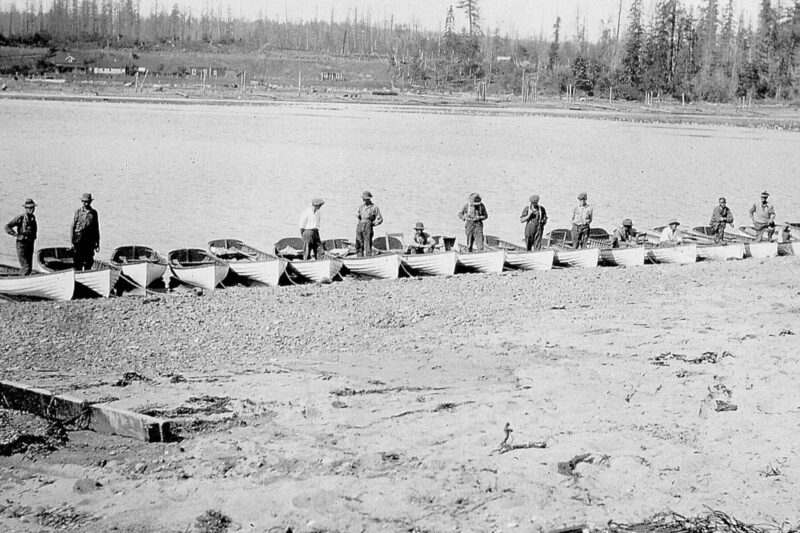
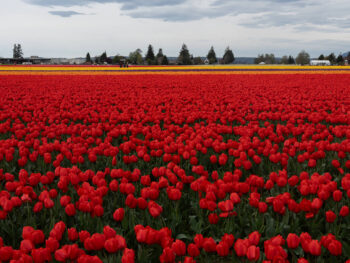

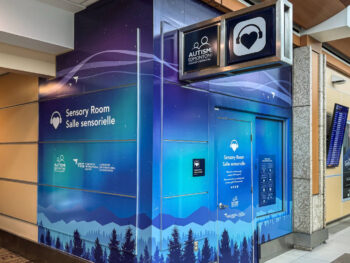
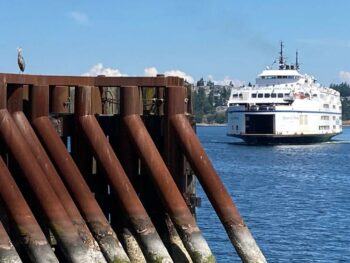
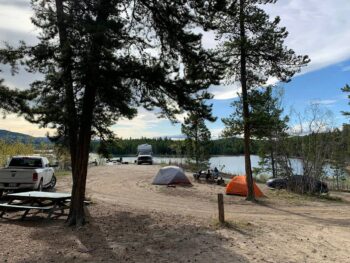
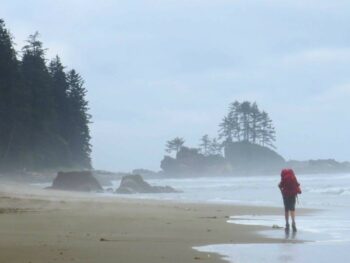
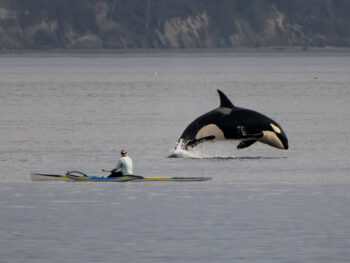
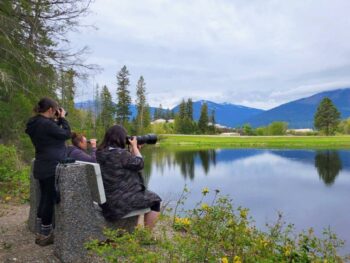
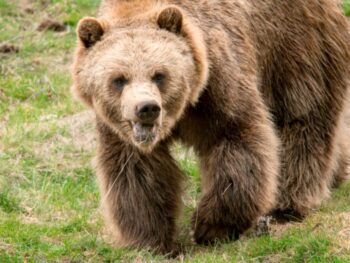
 Where nature and wellness meet on Vancouver Island’s rugged West Coast
Where nature and wellness meet on Vancouver Island’s rugged West Coast